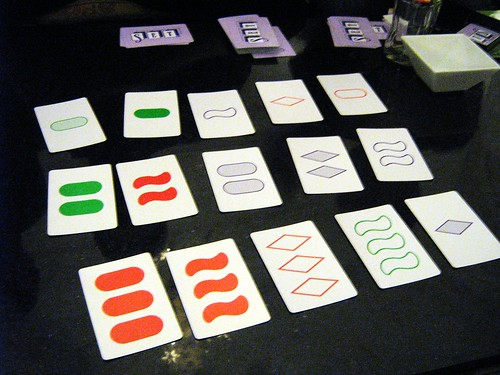
There are two types of motivation: intrinsic and extrinsic. Intrinsic motivation is something you do because you enjoy it for its own sake. Extrinsic motivation is something you do for outside factors like grades or money. One of the intriguing things about motivation is that if a person is intrinsically motivated to do something, giving them an extrinsic motivation diminishes that original motivation.
This is especially relevant in education considering that humans are naturally interested in learning. You only need to talk to four-year-old children to see how excited they are to go to school, how proud they are that they can count to ten. However, talk to them ten years later and all that enthusiasm will have dissipated. The problem is that in school you don’t learn for the sake of learning – you do it for external reasons like grades and getting accepted into university.
This approach leads to a decline of people’s intrinsic motivation to one solely driven by external rewards. The question is how do we address this problem. I know personally that math is my passion. Despite that there have times where I have been so bogged down by assignments and midterms that I have forgotten that math can be fun.
Last term I had an absolutely brutal week: I had gotten sick twice, I had gotten a midterm back and the results were less than optimal, and I had broken my laptop screen. I was in dire need of a break, I was exhausted, with zero motivation. I walked into the MathSoc office where my friends were playing the card game called SET. The game has a lot of interesting mathematical properties. You can see a sample game here.
While playing the game, I mused out loud how many unique sets exist in the game. “That’s an interesting problem,” exclaimed my friend. Naturally, being mathematicians. we put the game on hold in order to solve it. It took us no time at all to find out that the answer was 1080. We then tried finding out if it’s possible to model the number of sets for the general case of n values and m attributes.
It took me four days to solve this problem. Working on it reminded me why I was studying math. I love the mental challenge of a good problem, the battle of wits as I try to deconstruct the situation. I especially love the flash of insight that comes at the end when the solution is suddenly obvious.
University can be a stressful environment. It is all too easy to get caught up in the frenzy of midterms, assignments, and exams and forget why we originally chose to pursue post-secondary education. If you feel burnt out I recommend taking a break from your responsibilities and do something not because you have to but because you want to. Remind yourself that learning is fun.
As for the solution to the problem, I leave it as an exercise to reader. I would not want to spoil the fun.